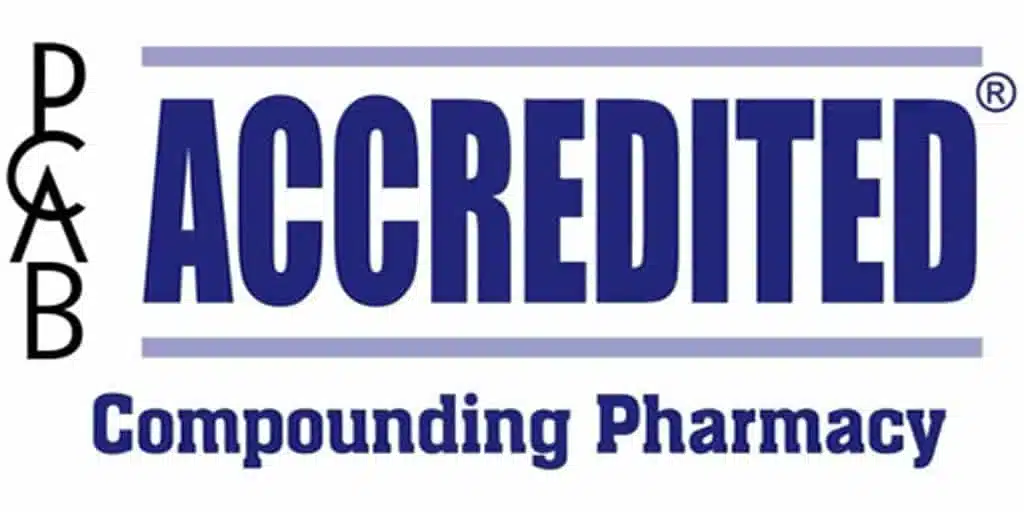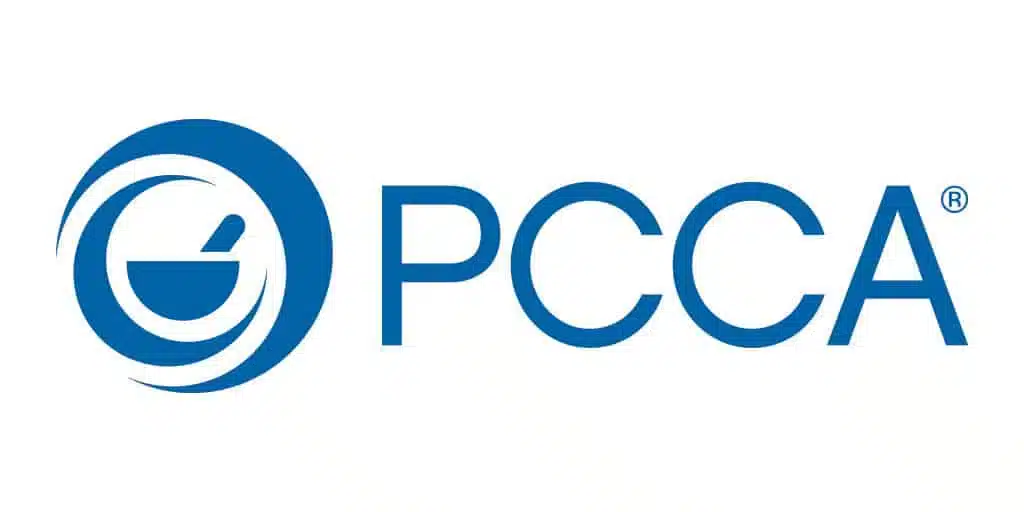One of the top questions on our minds these days is how to present our “best self” to this novel coronavirus. Something tells me you’re interested in the concept of “immune resilience.” It is this resilience that can attenuate the effects of everyday stressors on our immune status. Let’s take time to dive a bit deeper over the coming weeks into tips and tools of optimal health.
Healthy functioning of each and every cell in the body requires adequate zinc. The beneficial effects of zinc are extensive, due to this mineral’s status as the most abundant intracellular (within the cell) trace element. Zinc plays a pivotal role as a catalyst for metabolic activity. Over 200 of our body’s enzymes are zinc-dependent! Zinc is essential for growth, physical development, and for the metabolism of proteins, fats, and carbohydrates. Most aspects of reproductive biology require zinc; therefore we consider it a critical nutrient for female and male fertility.
Stress and alcohol anyone? Zinc deficiency is typically due to inadequate dietary consumption, chronic stress, vegetarianism, or excessive alcohol intake. Severe deficiency is associated with skin changes, diarrhea, hair loss, mental disturbances, and recurrent infections as a result of an impaired immune system.
Zinc’s Role in Immune Health
The medical community has established that zinc is an essential mineral needed for healthy immune function. It is involved in virtually every aspect of the immune response and considered a “gatekeeper of immune function” according to a review in the journal Nutrients. Serum zinc concentration and zinc homeostasis are critical factors in both our innate and adaptive immune response, including antiviral activity against “common cold” viruses and respiratory tract infections, such as rhinoviruses, influenza, and coronaviruses.
Maintaining adequate zinc status supports immune cell differentiation, proliferation, and function, helping balance immune tolerance. Zinc deficiency can lead to overproduction of proinflammatory cytokines and other inflammatory mediators, lower regulatory T-lymphocyte production, T-helper cell imbalance, and possibly even atrophy of the thymus gland. Zinc-deficient populations are more susceptible to viral infections and deficiency was shown to increase diarrheal and respiratory morbidity in children. Optimal nutritional status being a critical factor for maintaining immune health is undisputed. Incidentally, excessive levels may suppress T and B cell function and activation of macrophage cells, the latter of which may be beneficial when infected cells are present. So think “sweet spot.” A safe amount of zinc for long-term use is 20 to 40 mg per day along with 1 to 2 mg of copper. Remember if you are taking 30 mg or more of zinc per day, most providers recommend adding 2 to 3 mg of copper to avoid deficiency. Higher amounts should only be taken under the supervision of your health care provider.
Zinc Lozenges and the Common Cold
According to a meta-analysis of randomized zinc lozenge trials published in JSRM Open, researchers investigated the effects of >75 mg/day zinc acetate versus zinc gluconate lozenge supplementation on common cold duration. The results showed that both forms of zinc lozenges delivered within 24 hours of symptom onset in doses between 80-92 mg/day and 192-207 mg/day reduced the average duration of colds by 33%-35%, respectively. Previous research published in the Annals of Internal Medicine found that using zinc gluconate lozenges significantly reduced the complete resolution time of cold symptoms from an average of seven days to four days compared to placebo. There were significantly fewer days of coughing, headache, nasal congestion and drainage, hoarseness, and sore throat.
Clinical Application-What’s in It for You?
Unlike zinc capsules that must be digested and absorbed in the lower gastrointestinal (GI) tract, the lozenge delivery system may be ideal for more rapid absorption and for targeting the problem areas most often affected during common cold and/or flu. Zinc delivered in lozenge form can allow the active ingredients to stay in the mucosal areas of the upper GI tract in order to support upper respiratory tract health, sore throats, and symptoms associated with the common cold and flu. Many zinc lozenge products on the market are high in sugars and/or allergenic ingredients which impact overall glycemic load. This may cause a heightened inflammatory response. Moreover, most of the common zinc lozenge products typically only contain 5 milligrams or less of zinc which may not be as effective. Choose zinc lozenges that have at least 13 milligrams of zinc gluconate per lozenge and that use “clean”, hypo-allergenic ingredients with no sugar in order to increase their beneficial effects and to avoid impacting serum glucose levels.
Feel free to reach out to me with questions at either Central Drug (361) 575-4713 or my practice Wellness.Balance.You. (361) 571-4173 or click the facebook icon below.
Best, Cherise
Cherise Branch APRN, FNP-BC, FAAMM
Central Drug Compounding & Wellness
Wellness.Balance.You.




